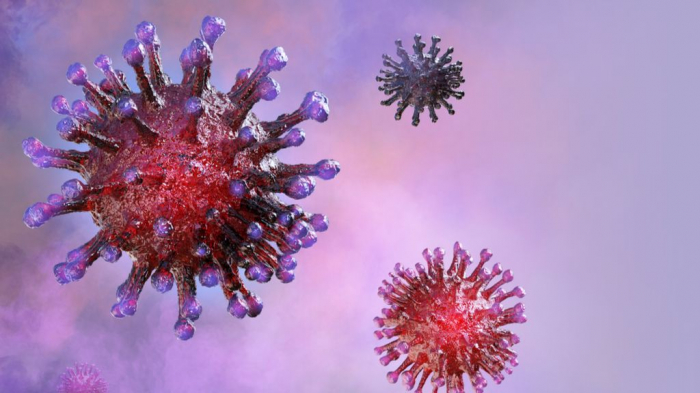One researcher has even pinned a recent case surge in Manaus, Brazil, a northwestern city in the Amazon, to re-infections fueled by a variant strain called P.1, per NPR.
While research suggests the city already reached the herd immunity threshold, with over 70% of the population infected by last fall, the area’s health system is now collapsing amid an increase in infections and dwindling oxygen supplies.
The strain was recently made known, and scientists say it was circulating in Manaus in December. This strain shares several mutations with a variant initially detected in South Africa -- which was said to "escape" neutralization power from antibodies in convalescent plasma treatment. A team of researchers tested convalescent plasma from coronavirus patients against the 501Y.V2 strain, and 48% of 44 samples "had no detectable neutralization activity," study authors wrote. The paper upheld the risk of reinfection as well, writing: "These data highlight the prospect of reinfection with antigenically distinct variants and may foreshadow reduced efficacy of current spike-based vaccines."
"We know that you can get reinfected even with the same version of the virus," Ravi Gupta, virologist at the University of Cambridge, told NPR, though it is too early to say how often the reinfections may occur.
Last summer, Maria Van Kerkhove, WHO’s COVID-19 technical lead, addressed reinfection after the first documented case out of Hong Kong, saying: "It doesn’t mean that it’s happening, you know, a lot. We know that it’s possible. But it is something that we knew could be possible based on our experience with other human coronaviruses."
The case involved a man who was returning to Hong Kong after a trip to Spain when researchers from the University of Hong Kong said he tested positive for the virus during a screening at the airport, according to the Japan Times. Using genomic sequencing, the researchers were reportedly able to detect that the patient was infected by two different strains of the coronavirus.
Marcus Vinicius Lacerda, an infectious disease doctor at the Fundação de Medicina Tropical Doutor Heitor Vieira Dourado in Manaus, told NPR he believes reinfections are fueling the ongoing outbreak in the the Brazilian city.
However, researchers are working to confirm unknowns behind variant strains, such as their impact on efficacy of the recently approved vaccines, therapies and virus transmissibility.
More about: #COVID-19
















































